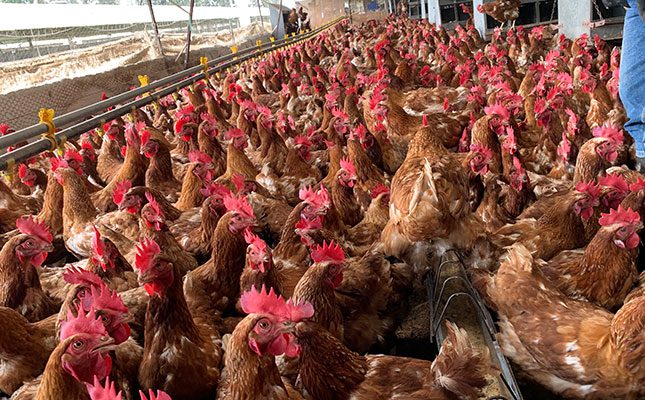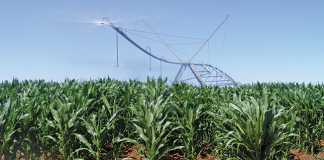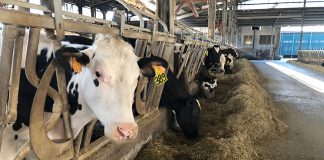
This follows the confirmation of eight cases of highly pathogenic avian influenza, commonly known as bird flu, in wild birds, with seven cases reported in Espirito Santo state and one case in the state of Rio de Janeiro, according to the country’s agriculture minister, Carlos Fávaro.
Exports of chicken products amounting to almost US$10 billion (about R198 billion) would be at risk if commercial flocks in Brazil became infected with bird flu.
According to Reuters, Brazil had been increasing its exports of poultry products and eggs to importers banning chicken and turkey meat from countries where the virus was prevalent.
The Brazilian Association of Animal Protein (ABPA), representing poultry and pork processors, said in a statement to Reuters that it supported studies into vaccination against avian influenza, in line with the recommendations of the International Poultry Council and the International Egg Council.
It said that ABPA also opposed trade barriers being imposed on countries that adopted a vaccination strategy.
However, according to Brazil’s delegate to the general session of the World Organisation for Animal Health, Eduardo Cunha, the Brazilian government did not favour vaccination as a strategy for the control of bird flu “because it would inevitably lead to trade barriers”.
He said that because Brazil exported poultry and poultry products to more than 130 countries, negotiations with these importers to get them to accept products from vaccinated birds would be “quite a challenge”.
Cunha is also the director of the Department of Animal Health in Brazil’s Ministry of Agriculture, which announced on Monday that it was establishing an emergency operations centre to coordinate, plan and evaluate “national actions related to avian influenza”.
Despite Brazil’s main poultry production states being located in the south of the country, the government was on high alert, as bird flu detected in wild birds had previously been transmitted to commercial flocks in some countries around the world, Reuters said.












